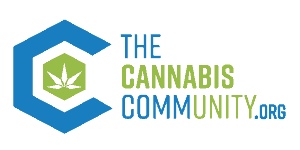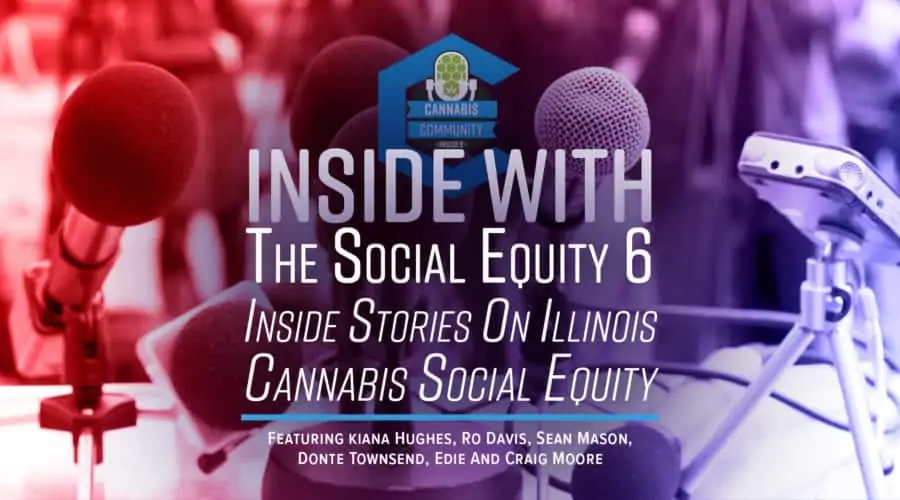Inside 6 Independent Social Equity Stories in Illinois
Podcast: Play in new window | Download
Exclusive!
When the State of Illinois announced its list of potential winners for the upcoming social equity dispensary licenses, the community and media were quick to determine that the program had fallen short of its intentions to create truly equitable opportunities for those disadvantaged by the war on drugs.
However, up until this point, we had not heard from those who were considered true social equity applicants, who did in fact end up being able to participate in the lottery.
They’ve held off on speaking up for months out of respect for the community’s grievances regarding the entire licensing process, but in an exclusive episode of the Cannabis Community Insider, we get to meet some of these potential winners and hear their stories first hand.
Thank you for sharing your stories …
Ro Davis, Green Equity Ventures 1 Team
Sean Mason, Suite Greens Team
Donte Townsend, Make Peace Team
Edie and Craig Moore, Terra House Team
Hosts: @Abraham Villegas and Mark Peysakhovich
https://youtu.be/F_nvyB2Pqew


